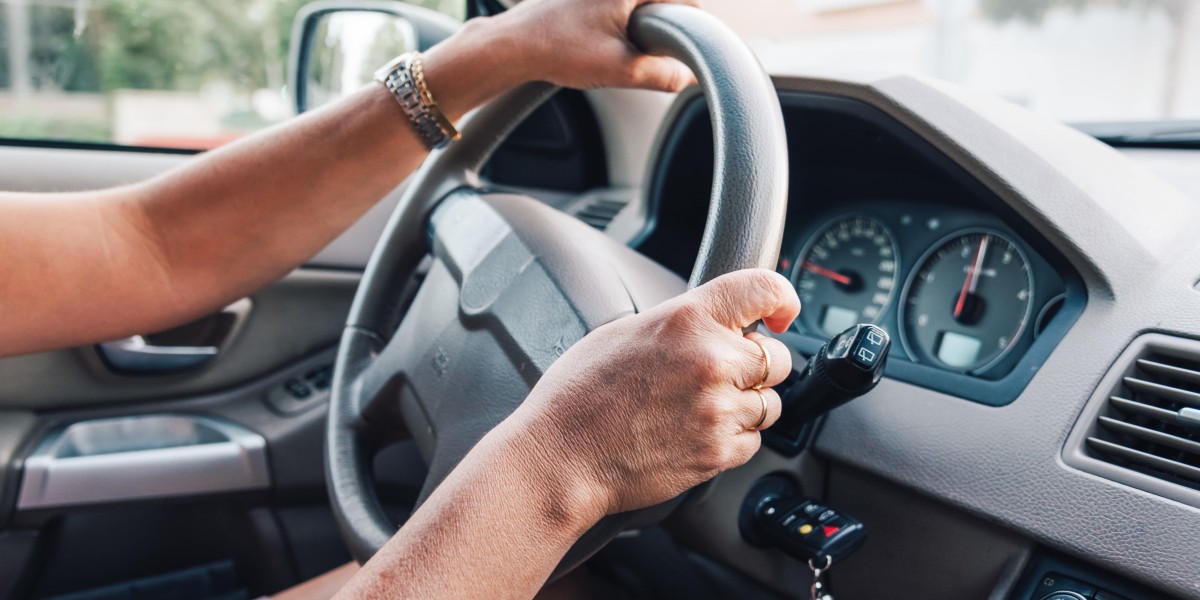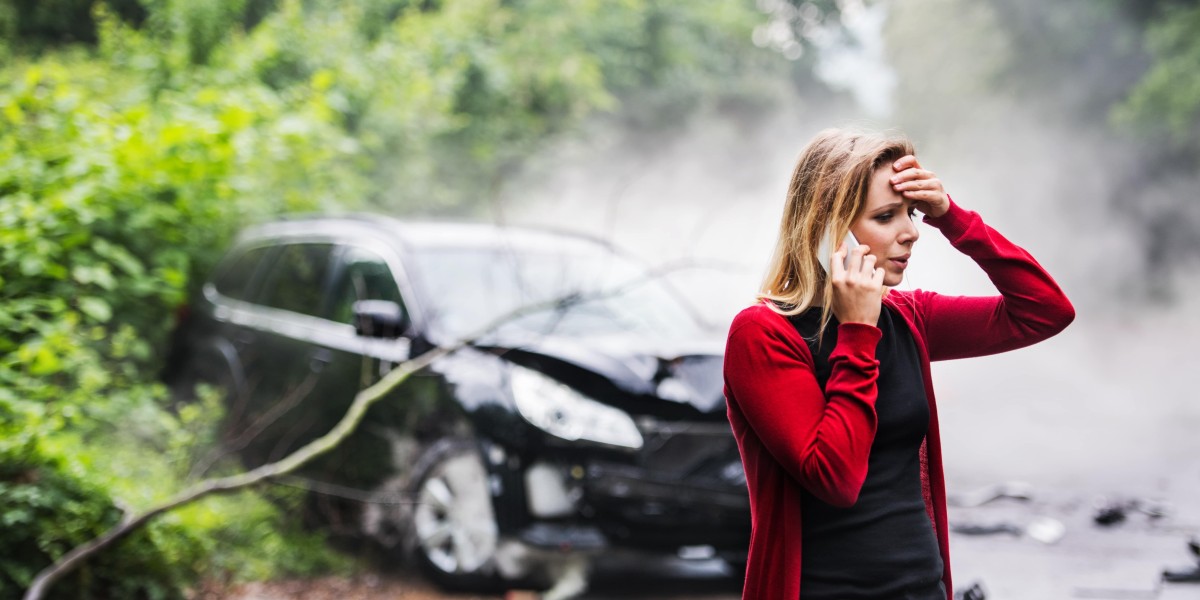Understanding the UK Driver's Licence: A Comprehensive Guide
Acquiring a driver's licence in the United Kingdom is a considerable milestone for numerous individuals. It not just symbolizes independence however likewise provides greater flexibility in individual and expert aspects of life. This short article aims to offer an in-depth overview of the UK driver's licence, consisting of how to apply, various kinds of licences, and various regulations associated with driving in the buy uk driver's license.

Introduction of the UK Driver's Licence
In the UK, a driver's licence is an official file that allows an individual to operate motor cars on public roadways. The driving licence system in the UK is structured and regulated by the Driver and Vehicle Licensing Agency (DVLA).
Kinds Of UK Driver's Licences
The UK provides numerous types of driving licences, each customized for various categories of cars. These consist of:
Provisional Licence:
- Age Requirement: Minimum of 17 years
- Enables students to drive under certain conditions.
- Can not drive without a certified driver accompanying them.
Full Licence:
- Issued when a person has actually passed both the theory and useful driving tests.
- Numerous categories readily available based on vehicle types:
- Category B: Cars
- Classification A: Motorcycles
- Classification C: Large items automobiles
- Classification D: Buses
International Driving Permit (IDP):
- Required for driving in some foreign nations.
- Provided to UK licence holders at Post Office branches.
Short-term Licences:
- For individuals who might have lost their licence or are awaiting updates on their current licence.
The Application Process for a UK Driver's Licence
Getting a driver's licence in the UK involves a number of actions, whether for a provisionary or full licence. Here are the important actions in information:
Step 1: Obtain a Provisional Licence
- Eligibility: Individuals need to be at least 17 years old to apply.
- Application: Applications can be made online via the DVLA website or through paper kinds offered at post workplaces.
- Documents Required:
- Proof of identity (passport or another official ID).
- National Insurance number (if readily available).
- A postal address in Great Britain.
Action 2: Study for the Theory Test
- Content: The theory test consists of multiple-choice concerns and a danger understanding test.
- Preparation: Various resources are available, consisting of online courses, apps, and books that help in preparation.
Action 3: Pass the Theory Test
- The theory test must be cleared before trying the useful driving test.
Step 4: Practical Driving Test
- Knowing and Instruction: An individual can take driving lessons with a licensed instructor or find out with an authorized accompanying driver.
- Scheduling the Test: Once positive in driving capabilities, prospects can reserve their useful test online.
- Test Components: The useful test examines driving skills, maneuvers, and real-world driving conditions.
Step 5: Receiving the Full Licence
- After successfully passing the useful driving test, the DVLA will provide a full driving licence, which allows people to drive separately.
Rules and Regulations
Keeping a valid driving licence in the UK needs adherence to several guidelines and guidelines:
- Renewal: Licences must be restored every 10 years. Renewal can be done online or via paper application.
- Points System: The UK employs a penalty points system. Specific traffic offenses lead to points being included to a driver's licence, which can lead to severe effects if the accumulation exceeds a specific limitation.
- Medical Conditions: Drivers must notify the DVLA of any medical condition that might affect their capability to drive.
Typical Challenges in Obtaining a Licence
Obtaining a driver's licence can in some cases be challenging. Here are some typical difficulties dealt with by aiming drivers and tips on how to tackle them:
- Nervousness During Tests: Many candidates experience stress and anxiety throughout their theory or dry runs. It is suggested to take mock tests or take part in practice sessions to develop confidence.
- Failure to Pass Tests: If a private fails their tests, they can retake them after a specific waiting period. Preparing with extra driving lessons or research study materials can help in subsequent efforts.
- Comprehending Rules: The intricacies of roadway rules and guidelines might be frustrating. Registering in a trustworthy driving school can offer clearness and insight into these guidelines.
Frequently asked question Section
1. For how long does it take to get a driving licence uk licence in the UK?The timeline differs based upon the individual's learning speed. On average, obtaining a complete licence can take a few months, including learning time and the waiting period for tests. 2. Can I drive while awaiting my complete
licence?You can drive with your provisional licence if accompanied by a certified driver who is at least 21 years of ages and has actually held a complete licence for 3 or more years. 3. What do I do if I lose my driving licence?You can look for a replacementlicence by means of the DVLA site or through post, offering required recognition and paying the required fee. 4. Just how much does it cost to get a driving license uk a driver's licence in the UK?Costs can differ considerably however usually consist of application charges , the theory test fee, useful test fees, and driving lessons. Overall, it might amount to thousands of pounds, depending upon specific circumstances. 5. Is there a minimum variety of lessons I should take?There is no main minimum variety of lessons mandated. Nevertheless, taking lessons till you feel confident is a good idea. Acquiring a driver's licence in the uk driving license is a satisfying procedure that unlocks to mobility and liberty. By comprehending the steps involved, the kinds of licences readily available, and the regulations governing driving, prospective buy drivers licence licence uk, www.zaidsolomon.top blog entry, can navigate the system effectively. Whether one is a learner or a skilled driver, remaining informed on the most current guidelines and finest practices is essential to guarantee safe and responsible driving within the UK.








